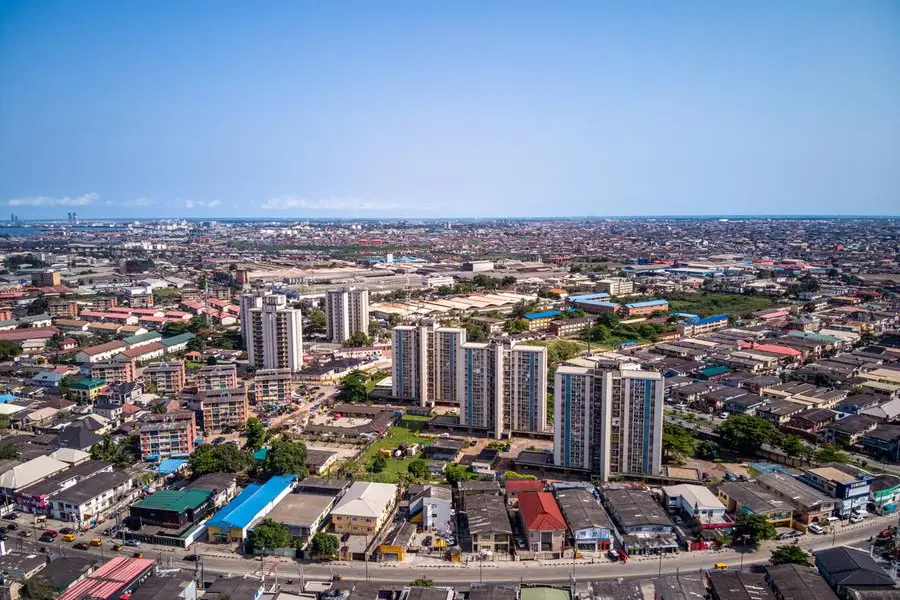PHOTO
NIGERIA’S bond market experienced a significant surge in investor interest in February 2025, following a notable drop in the country’s inflation rate to 24.5 percent year-on-year from 34.8 percent in December 2024. The sharp decline, driven by the rebasing of the Consumer Price Index (CPI), combined with compelling yields on government bonds, attracted investors seeking to lock in favorable returns amid expectations of a more accommodative monetary policy.
The Debt Management Office (DMO) conducted its February Federal Government of Nigeria (FGN) bonds primary auction on Monday, February 24, 2025, offering two bond papers worth N350 billion—N200 billion for the April 2029 bond and N150 billion for the February 2031 bond. The auction marked the first since the Monetary Policy Committee (MPC) opted to pause its monetary tightening cycle, fueling speculation that rate cuts could follow in future meetings.
The bond auction recorded overwhelming investor demand, with subscriptions totaling N1.6 trillion, representing a bid-to-offer ratio of 4.7 times – more than double the N669.9 billion subscription recorded in the January auction.
The February 2031 bond attracted the highest interest, accounting for approximately 72 percent of the total subscription, with bids worth N1.2 trillion.
However, the DMO chose to allot only N605 billion of this amount, reflecting the government’s prudent debt management strategy.
In total, the agency allotted N910.4 billion across both bond papers, significantly lower than the total subscription amount, underscoring the government’s commitment to managing its borrowing levels despite high investor appetite.
The auction also witnessed a decline in marginal rates, with the April 2029 bond clearing at 19.20 percent and the February 2031 bond at 19.30 percent. This represented a substantial drop from the 21.79 percent and 22.50 percent recorded at the previous auction in January.
Market analysts attributed the falling yields to growing expectations of a monetary policy loosening in the coming months, as inflationary pressures ease and the Central Bank of Nigeria (CBN) looks to support economic growth.
The improved inflation outlook has also reduced the negative real returns on fixed-income investments, making government bonds more attractive to investors.
In the secondary market, demand for government bonds remained strong, particularly in the short- and mid-term segments of the yield curve. Investors sought to take advantage of elevated interest rates, despite tight liquidity conditions in the financial system.
Analysts predict that the bullish momentum will persist in the coming weeks, driven by expectations of potential rate cuts and a sustained decline in inflation.
Nigeria’s bond market is poised for continued strong performance as investors reposition their portfolios amid evolving macroeconomic conditions. The significant reduction in inflation, combined with attractive yields, is expected to sustain interest in government securities.
However, the DMO’s conservative debt issuance strategy signals the government’s commitment to balancing its borrowing needs with fiscal discipline.
As the MPC’s next policy meeting approaches, market participants will closely watch for signals of a possible monetary policy easing, which could further bolster demand for fixed-income assets in Africa’s largest economy.
Copyright © 2022 Nigerian Tribune Provided by SyndiGate Media Inc. (Syndigate.info).
by Chima Nwokoji




















